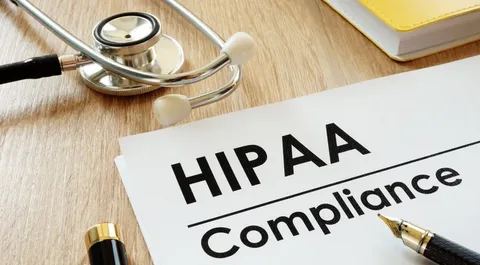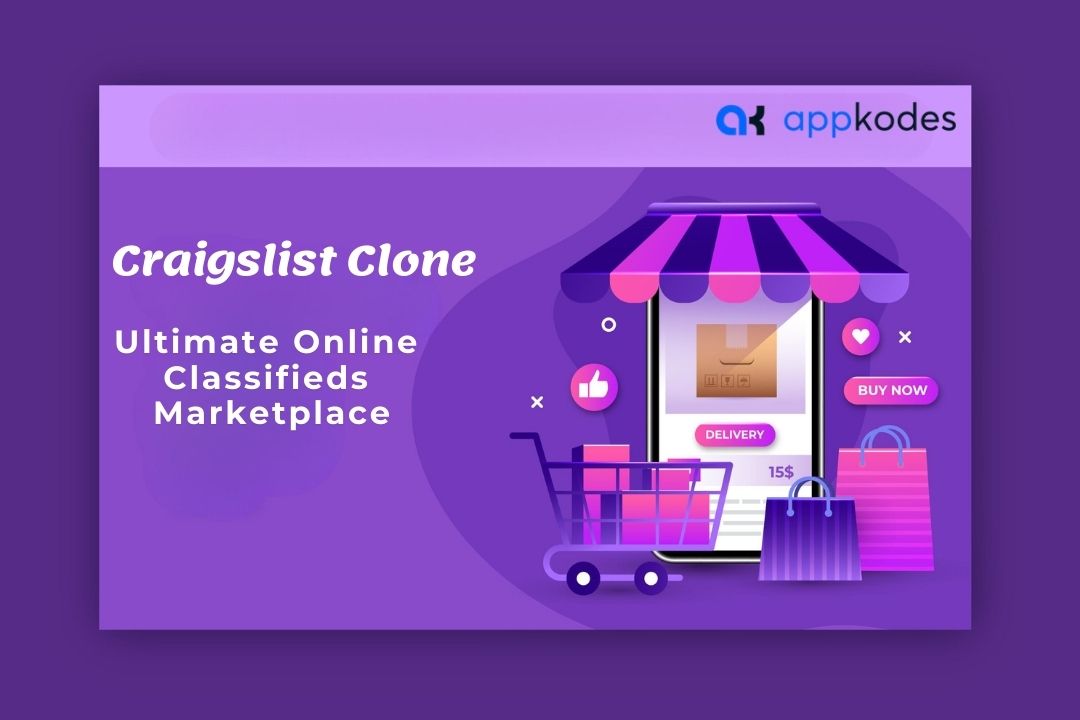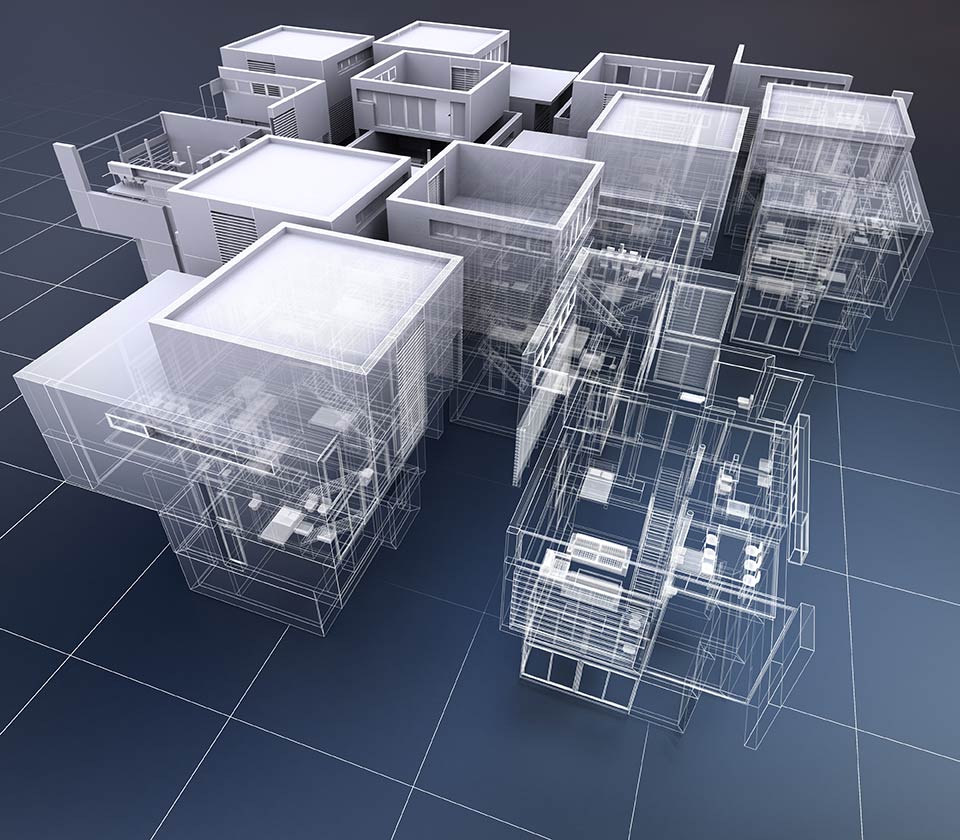Simplify Your Billing with HIPAA-Compliant Solutions
In today’s digital age, the healthcare industry is rapidly evolving, and with that comes an increased demand for secure and efficient medical billing practices. One of the most critical aspects of medical billing is ensuring that your processes are HIPAA-compliant. The Health Insurance Portability and Accountability Act (HIPAA) was established to protect patient privacy, safeguard their data, and ensure that health information is securely handled. For healthcare providers and billing specialists, understanding and adhering to HIPAA-compliant medical billing is not just a regulatory requirement—it is essential for building trust, avoiding penalties, and enhancing the efficiency of your practice.
What is HIPAA-Compliant Medical Billing?
HIPAA-compliant medical billing refers to the process of submitting medical claims, managing patient information, and handling other billing-related tasks in a manner that adheres to the standards set forth by HIPAA. HIPAA ensures that all health information, including billing details, is transmitted securely, maintaining confidentiality and integrity throughout the process. For a medical practice or healthcare provider to stay compliant, they must implement strong safeguards that protect patient data during the billing process.
These safeguards include proper encryption of electronic health records (EHR), secure transmission methods for claim submissions, and ensuring that only authorized personnel have access to sensitive information. Whether you’re a small practice or a large healthcare facility, implementing HIPAA-compliant practices is essential to mitigate risk and ensure that patient privacy is never compromised.
The Benefits of HIPAA-Compliant Medical Billing
- Patient Privacy Protection
One of the most crucial benefits of HIPAA-compliant medical billing is the protection of patient privacy. By ensuring that patient data is properly encrypted and securely transmitted, healthcare providers demonstrate their commitment to safeguarding sensitive information. The risk of data breaches, unauthorized access, or inadvertent leaks is minimized when HIPAA standards are followed. - Avoidance of Penalties and Fines
Failure to comply with HIPAA regulations can result in hefty fines and penalties. The government takes violations seriously, and practices that fail to adhere to the standards can face financial consequences. The penalties for non-compliance can range from $100 to $50,000 per violation, depending on the severity. In extreme cases, repeat violations could lead to criminal charges. - Streamlined Billing Processes
HIPAA-compliant billing practices often involve implementing more structured and organized billing workflows. This means fewer mistakes, quicker claim submissions, and reduced chances of claim rejections or delays. By ensuring that all billing information is accurate, complete, and compliant with the standards, medical professionals can reduce the time and resources spent on follow-up claims or disputes. - Improved Reputation and Trust
Trust is a cornerstone of the healthcare industry, and when patients trust that their sensitive data is secure, it builds long-term relationships. By following HIPAA regulations, healthcare providers can boost their reputation by demonstrating a commitment to patient privacy and security. This can not only help with patient retention but also attract new clients who value confidentiality. - Better Reimbursement Rates
When medical billing is done in compliance with HIPAA, the claims submitted are more likely to be accurate, complete, and promptly processed. This increases the likelihood of getting reimbursed faster and reduces the chances of claim rejections. Ensuring that all documentation is correct and in line with HIPAA standards is critical for getting paid promptly by insurance companies and healthcare payers.
Common Challenges in HIPAA-Compliant Medical Billing
While the benefits of HIPAA-compliant medical billing are clear, there are some challenges that healthcare providers face when adopting these practices. Here are some of the most common hurdles:
- Keeping Up with Constant Changes
HIPAA regulations are updated regularly, and staying on top of these changes can be a challenge. Healthcare providers must ensure that their staff is properly trained on the latest standards and guidelines. Moreover, the medical billing system should be equipped to accommodate any new regulatory requirements. - Cost of Compliance
Implementing a HIPAA-compliant billing system often requires upfront investments in secure technology, encryption tools, and staff training. For smaller practices, these initial costs can be burdensome, but they are ultimately necessary for avoiding costly fines and protecting patient privacy. - Staff Training and Awareness
Ensuring that all employees are aware of and trained in HIPAA compliance is a critical part of the process. Medical billing clerks, office managers, and healthcare providers must be educated on the importance of HIPAA, how to handle sensitive information, and what constitutes a HIPAA violation. Regular training helps reduce human error, one of the most common causes of data breaches. - Integrating New Systems with Existing Workflow
For healthcare providers who are already accustomed to certain billing systems, the transition to HIPAA-compliant solutions can be challenging. The integration of new software or practices requires time and careful planning to avoid disruptions to patient care or billing operations. However, the long-term benefits far outweigh the short-term difficulties.
How Mediclaims Solutions Can Help
At Mediclaim Solutions, we understand the complexities of medical billing and the importance of HIPAA compliance. We offer reliable, secure, and HIPAA-compliant billing services designed to help you streamline your operations while protecting patient privacy. Our experienced team stays updated with the latest HIPAA standards, so you can rest assured that your practice remains compliant, secure, and efficient.
We offer a range of services to meet the unique needs of your healthcare practice, including claim submission, denial management, and patient billing. Our goal is to reduce your administrative burden, allowing you to focus on what matters most—delivering excellent patient care. Whether you’re a solo practitioner or part of a larger healthcare network, we are committed to providing you with the tools and resources you need for success.
Conclusion
In today’s world, HIPAA-compliant medical billing is more than just a regulatory requirement; it’s a necessity for any healthcare provider who wants to build trust, avoid penalties, and ensure the security of patient data. By investing in compliant billing systems and working with trusted experts like Mediclaim Solutions, you can simplify your billing processes, protect your practice from costly fines, and offer your patients the highest level of care and confidentiality. The path to seamless, secure billing starts with understanding the importance of HIPAA and taking proactive steps toward compliance.
visit : freshvoicehub














Post Comment